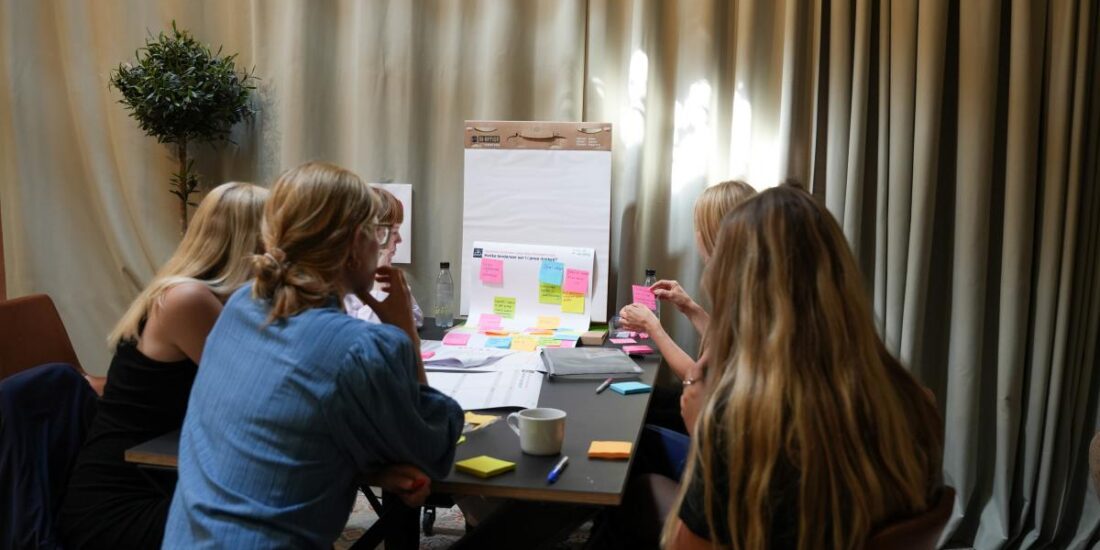Let’s not toss out focus groups!

March 7, 2025
At a time when we can track everything from eye movements to click patterns, focus groups might seem outdated. But before we declare them dead and buried, here are a few reflections on what we lose by abandoning them.
When data tells us what, but not why
Digital methods have a certain allure. They can quickly provide us with vast amounts of data on behavior and preferences. We can see what people do. But all too often, we lack an understanding of why they make the choices they do.
Focus groups bring something different to the table: nuance, emotion, and real conversations. They help us understand how people experience a product, service, or idea – not just as consumers, but as human beings. They help us uncover values, meaning-making – in short, what it means to be in the world.
What remains unspoken is often more important than what is said
I often hear people say, “Focus groups? Aren’t they just about gathering some people and asking a few questions?” But a well-run focus group is about far more than participants answering direct questions. It’s about tone of voice, hesitation, and laughter. It’s about the dynamics in the room – how opinions are shaped and shift through interaction – the kinds of insights a survey can never capture, and that many other qualitative methods often miss.
A skilled moderator picks up on these subtle signals and asks the right follow-up questions that make participants reflect and elaborate. And this is where the true strength of focus groups lies: in their ability to reveal the unspoken and give depth to what is said.
New methods are groundbreaking and tempting – but let’s not lose what still works
It’s easy to get excited about new technologies. In our Human Minds & Anthropology hub, innovations like AI, VR, and digital ethnography have revolutionized how we work with qualitative insights. But excitement must never replace the ambition to always use the best method for the task at hand.
Focus groups may not sound particularly glamorous. They have been criticized at times, and they are not always the right solution – but sometimes, they are. And when used well, they provide a depth of understanding that no algorithm can replicate.
So before we get swept away by the latest digital trends and toss out focus groups simply because they’re seen as old-fashioned, let’s remember: people are not just data points. They are complex, feeling, thinking beings – and sometimes, a genuine conversation among humans remains the best path to true insight.






